



SELECTED
ISSUE
|
|
Leisure Management - Rosewood

Top team

|
|
| Rosewood
|

With two successful spa concepts under its belt, a host of hotels in development and a new hotel brand on the way, Rosewood is forging its way forward with a youthful energy and cutting-edge spa offerings. Jane Kitchen talks to the wellness team behind the brand
Jane Kitchen, Spa Business
|
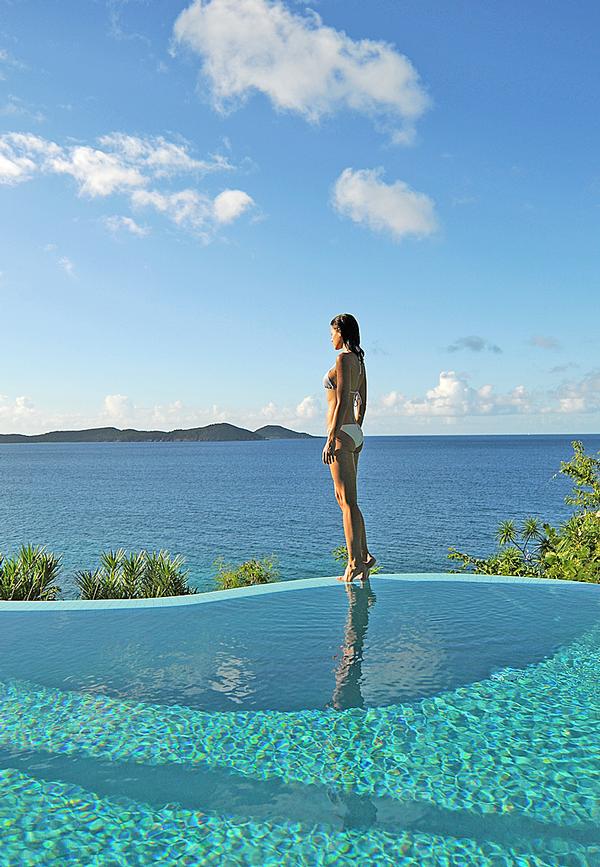
Rosewood’s spas are designed to offer a sense of place in each location
|
|
|
Rosewood Hotels is well-known in the industry for its Sense, A Rosewood Spa brand, which features a design and concept inspired by purity and authenticity, and focused on a ‘sense of place’. The spas have gained a loyal following, thanks in part to their creative signature treatments, which draw on historic local healing traditions – from lunar therapies in Mexico to art for wellbeing in the Bahamas. But in late 2017, Rosewood launched a second spa concept, Asaya, billed as luxury integrative wellness and focusing on both physical and emotional wellbeing, with community-fostering activities a centrepiece of the offering.
Originally a US-based company, Rosewood was purchased by the former New World Hospitality in Hong Kong in 2011 for US$229.5m (€207.2m, £189.9m). Under the guidance of CEO Sonia Cheng – who is somewhat hot property herself in the industry (see p47) – it’s expanding globally at a vigorous rate. Rosewood currently has 27 properties in 15 countries, with 21 new hotels in development and another 16 more in the pipeline.
The Rosewood collection includes iconic properties like the Hôtel de Crillon in Paris, The Carlyle in New York, and Little Dix Bay in the British Virgin Islands. One of its newest properties – the 65-storey Kohn Pedersen Fox-designed Rosewood Hong Kong – opened in March, with interiors by hospitality designer Tony Chi, who has conceived the entire hotel as a ‘vertical estate’. The hotel is also home to the first urban Asaya spa, opening in August, which will cover 44,000sq ft (4,088sqm) across two floors of the property, and will include two spa suites for overnight guests within the spa itself.
Not one to sit still for long, Rosewood is also working on a new ‘business meets lifestyle’ hotel brand, Khos, which will feature a spa concept based on Asian bathhouses, the first of which is due to open at the end of this year.
We talk to the top team behind Rosewood’s successful – and ever-evolving – spa concepts.
|
Niamh O’Connell, group vice president – guest experience and wellness
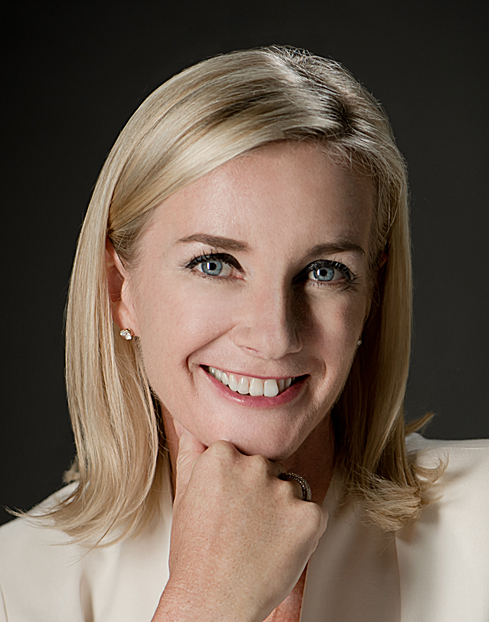
O’Connell helped create the new Asaya brand for Rosewood
Niamh O’Connell joined Rosewood in 2015 as group vice president of wellness development. She’s a 25-year industry veteran, having held senior positions with Hyatt and ESPA International
Can you tell us about Rosewood’s Sense spa concept?
We have 18 Sense spas around the world. They’re designed as a sanctuary of simplicity and purity, where you can surrender to an experience that’s completely genuine and authentic.
As part of the Sense spa concept, we research local traditions practiced several generations ago that have been lost in the passage of time to create The Lost Remedies.
In Luang Prabang, Laos, for instance, the spa manager and I spent several days in Pha Tad Ke Botanical Gardens, foraging local healing plants and talking to the head botanist. A local healer from the Hmong tribe created two rituals on the menu, which are truly authentic and certainly unavailable elsewhere. As the local culture is rich in spiritual beliefs, we created a cultural immersion ritual, which begins in the neighbouring village, then continues at the hotel with local food and traditional Lao treatment rituals.
Why did you launch Asaya as another spa brand?
We recognised there was a gap in the market in terms of luxury integrative wellness, which is key to the essence of Asaya. This means setting an intention to propel self-change and transformation, and approaches wellness for the mind, body and inner self. Key pillars of the Asaya philosophy are centred around physical and emotional wellbeing, with education and programming to help build and foster an inclusive sense of community.
"We recognised a gap in the market In terms of luxury integrative wellness, which is key to the essence of Asaya"
Rosewood Phuket opened the first Asaya in 2017, and our first urban destination at Rosewood Hong Kong is opening. We have Asayas in the pipeline in Sao Paulo, Hawaii, London and Shenzhen.
How similar or different is Asaya to Sense?
There are very clear distinctions between the brands. Asaya is the holistic definition of wellness across physical health and emotional wellbeing, it also offers a deeper and more integrative approach – such as alternative therapies and looking at root causes – to achieve long-lasting change. We have resident practitioners, such as doctors of naturopathy, nutritionists, life coaches and physical therapists. Local outreach programmes are also a key to the pillar of community within Asaya.
Sense, on the other hand, is a luxurious spa experience focusing on the sense of individuality, sense of balance and sense of place.
What can you tell us about the wellbeing/spa concept for Khos?
The overarching concept for the wellbeing space in Khos is based on the philosophy of the Asian bathhouse. We were inspired by the rich traditions of bathing and cleansing ceremonies around the world, and decided we wanted to put the best of Asian customs together, focusing on the Japanese onsen and the Korean jimjilbang.
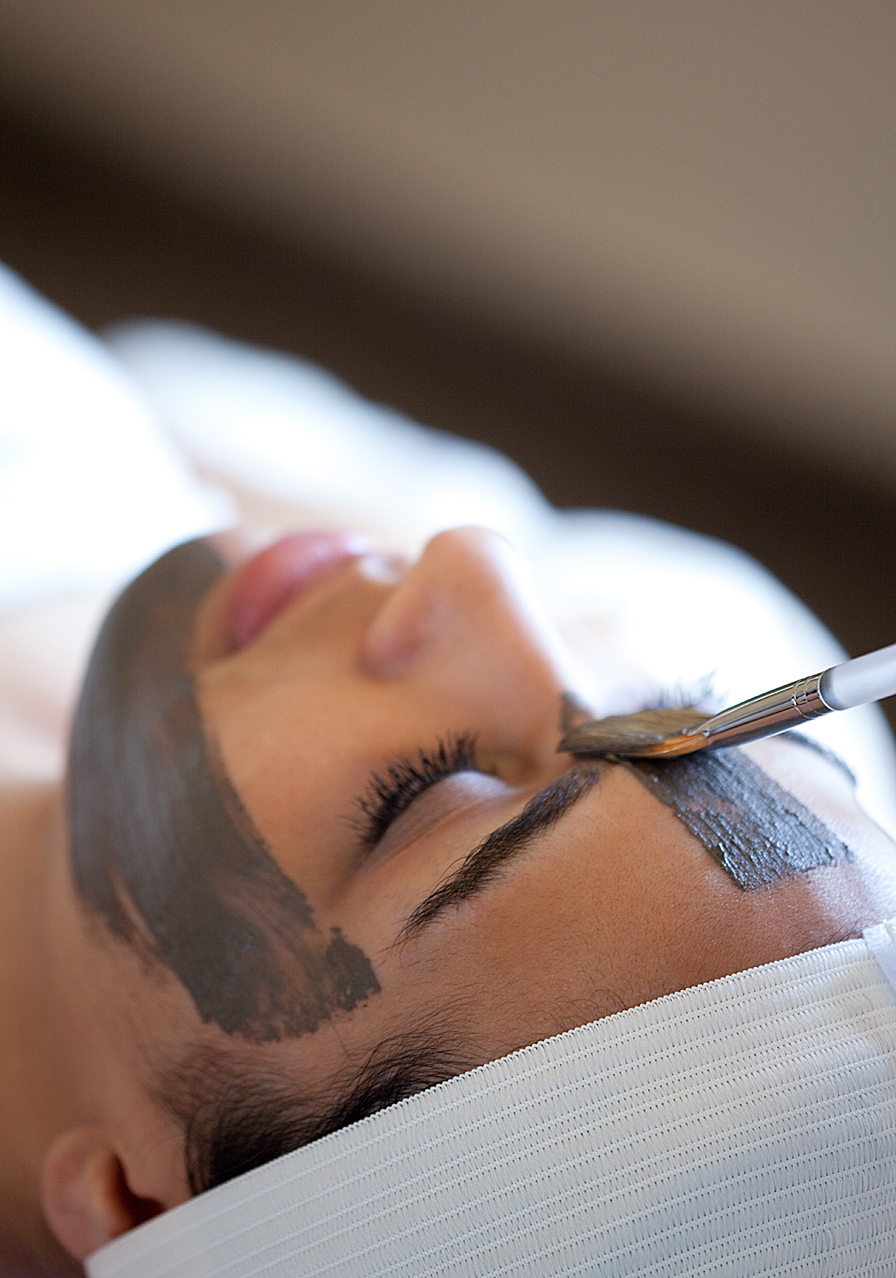
Signature treatments at Sense draw on historic local healing traditions
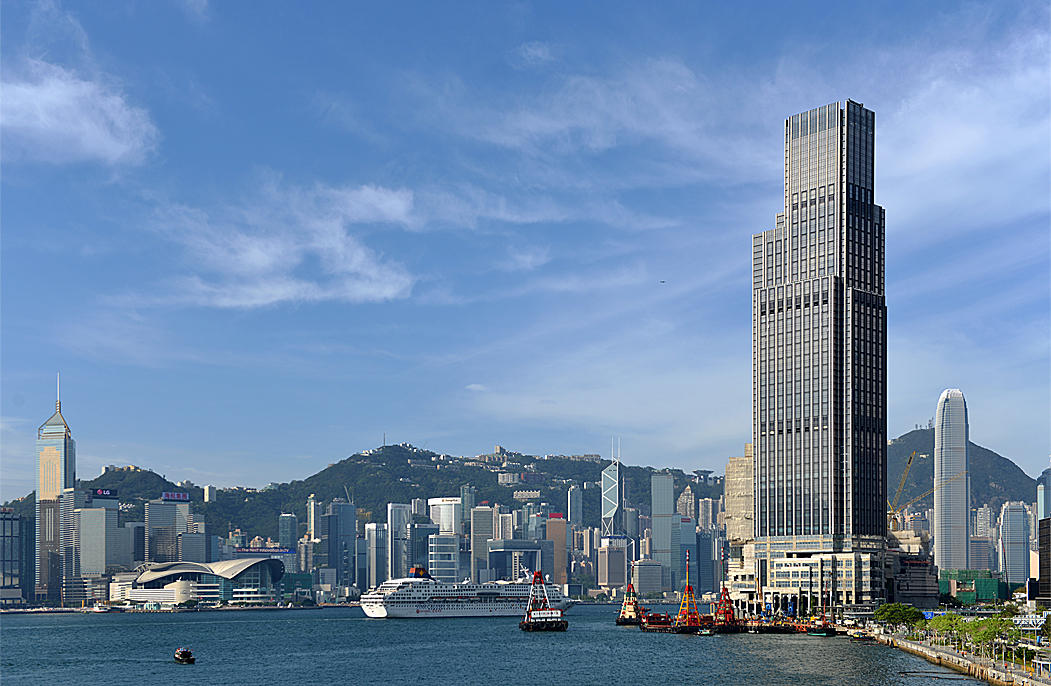
The new Rosewood Hong Kong features the first urban Asaya
Erin MacNeil, wellness director, Asaya at Rosewood Hong Kong
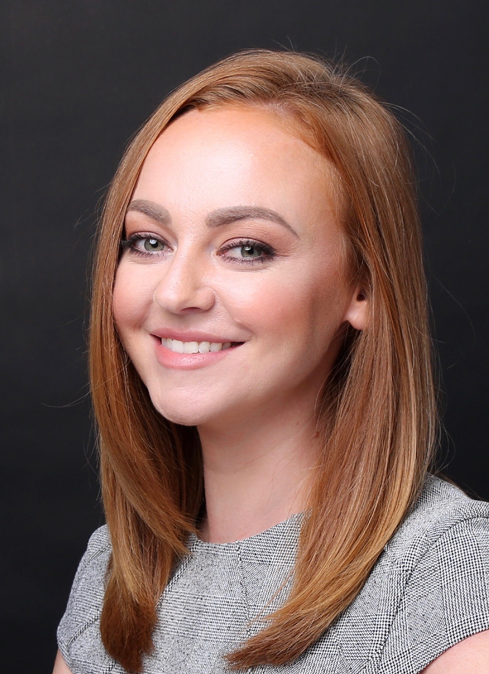
MacNeil says she’s proud of Asaya’s community offerings
Erin MacNeil has been with Rosewood since 2013, working in management positions in Bermuda and Beijing before moving to Hong Kong last year
Your wellness facility in Hong Kong will be a flagship Asaya – how will it stand out?
With so many prestigious brands and luxury options, in Hong Kong, it’s crucial to have points of difference that are meaningful enough to encourage guests to try something new. Asaya has a very generous footprint in Rosewood Hong Kong, encompassing the entire sixth and seventh floors. Our lifestyle boutique space is one-of-a-kind, and certainly not comparable in Hong Kong. We have experiential ateliers, where guests really feel like they’re a part of the product creation and selection process when it comes to treatments. We have some private spaces within Asaya to cater for bespoke group programmes.
Our aim is to focus on our local following, creating a community of like-minded wellness advocates. The percentage split is about 80/20 in favour of the local market. We’ve created a one-stop location for wellness, serving introductory or immersive wellness programming, including emotional wellbeing, beauty therapies, fitness, nutrition, physical health and community engagement. We also offer a membership programme, which includes regular programming, supper clubs, workshops and lecture series and specialty retreats.
The Asaya Residences are a main feature, and allow our guests to have a completely immersive programme and truly engage in a holistic wellness experience. We’ve developed them with the stay-cation concept in mind, as time is always a factor in Hong Kong, and they’re the perfect option for guests who want the experience, space and results of a retreat getaway without having to leave the city.
"Our aim is to focus on
our local following, creating
a community of like-minded
wellness advocates"
Tell us about the spa menu at Asaya Hong Kong
Our menu is designed to support sustainable results, which means most of our menu options are a collection or series of treatments to ensure an optimal lifestyle of long-term wellbeing. Treatment series such as the emotional work with our expressive arts therapist are a unique way of tapping into the inner-self. I’m most proud of our offerings that engage guests with the community through collaborative efforts for positive-impact programming involving mentorship, ocean recovery, recycling and agents of change.
How are you addressing the ‘self-care’ aspect?
At Asaya, our understanding of wellness is about making conscious decisions to create a life of meaning, purpose and wellbeing, which truly means serving yourself so you can show up in the world as the best version of yourself. We have aftercare and post-treatment regimens, depending on the type of treatment or programme the guest experienced; however, our communication with the guest will be a focus for us post-treatment, so there’s always a sense of support.
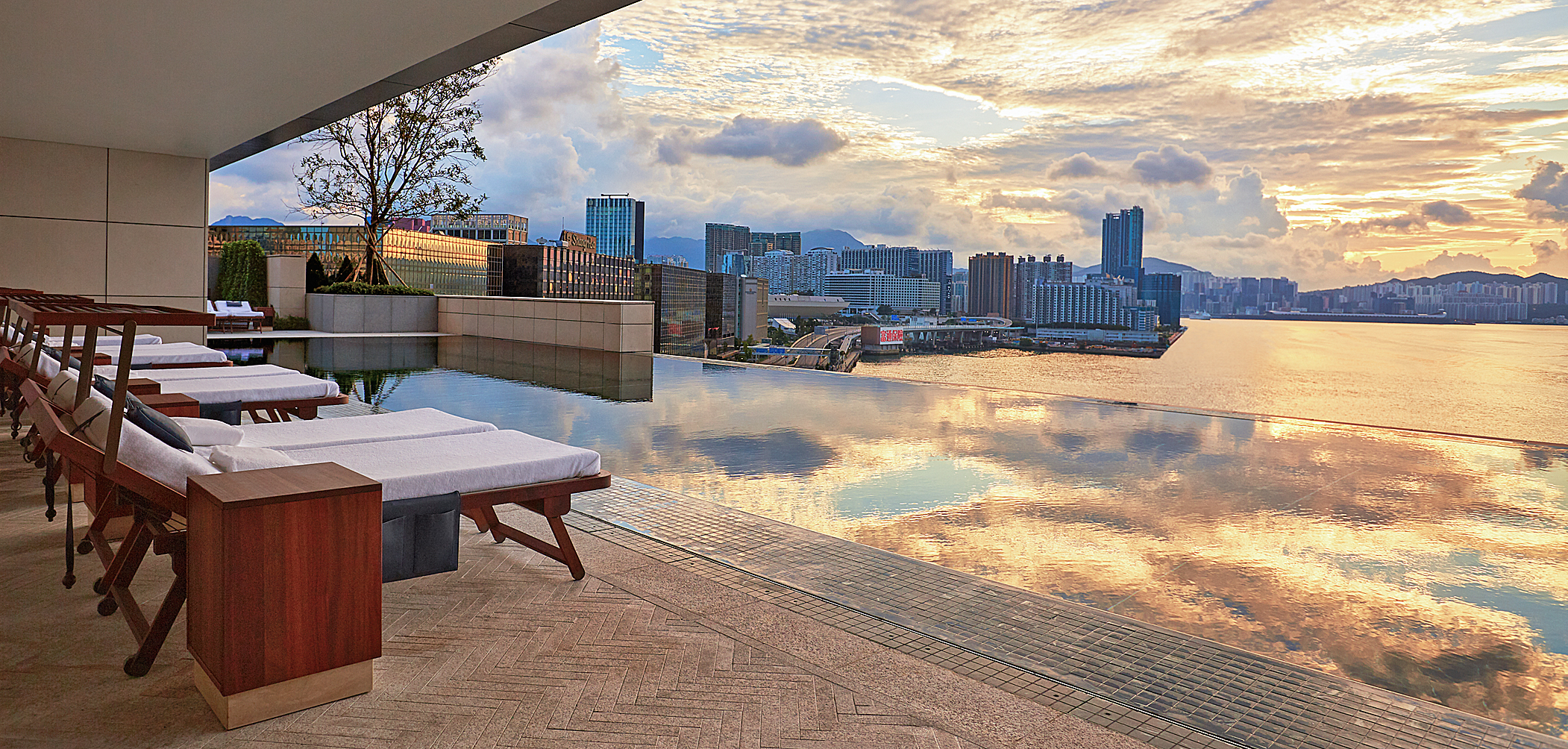
Asaya Hong Kong will focus its efforts on the local market and ‘stay-cations’
Sonia Cheng - Taking Rosewood to a new level
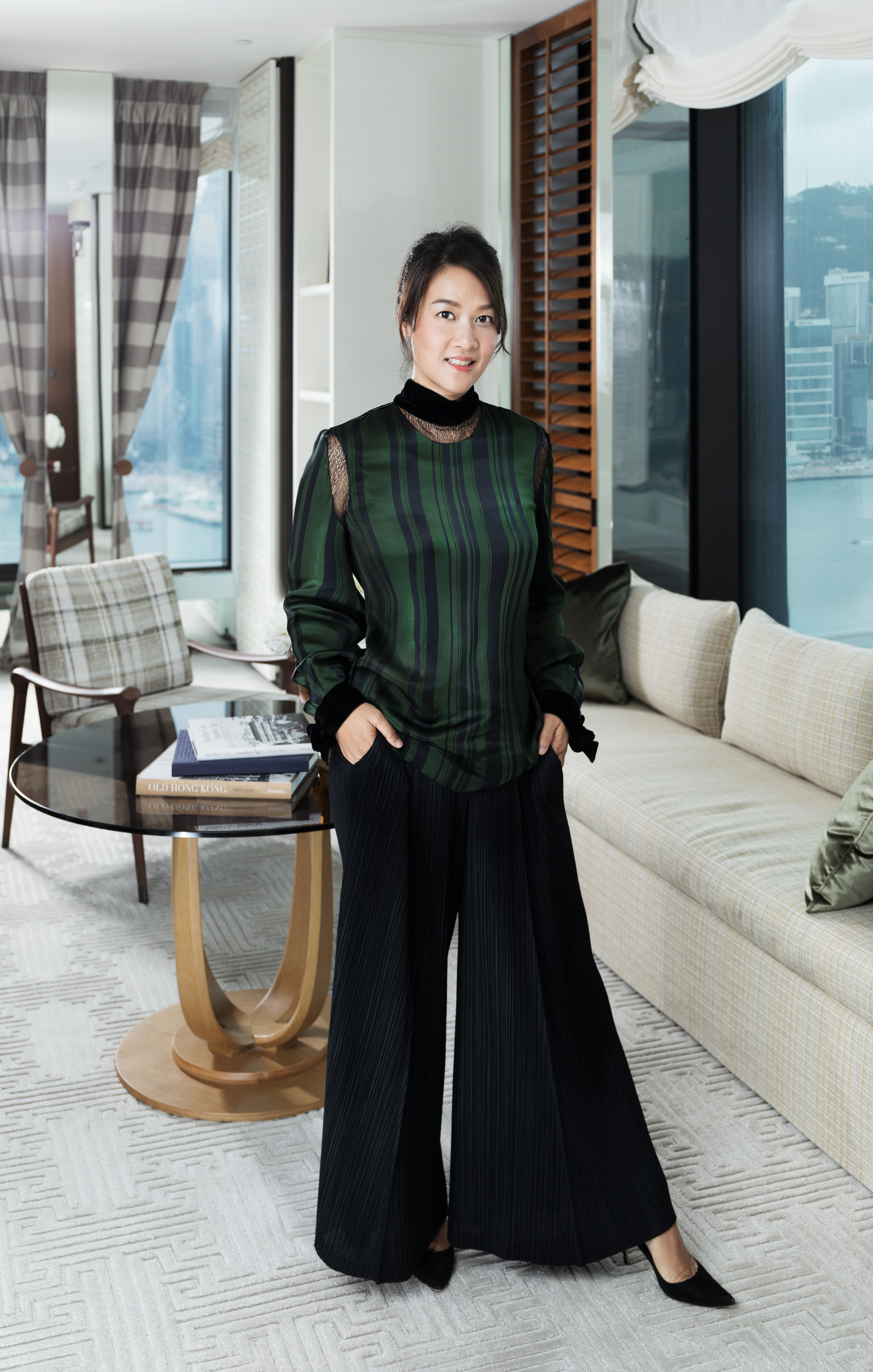
Sonia Cheng
Sonia Cheng was just 30 when she took the helm at Rosewood with youthful energy and a pledge to take the brand global and make it relevant for future generations.
Cheng is the third generation of one of the richest families in Hong Kong, worth a reported US$22.5bn (€20.3bn, £18.5bn).
Her late grandfather, Cheng Yu-tung, made his fortunes in jewellery stores, infrastructure and real estate under the conglomerate Chow Tai Fook Enterprises.
She became CEO of Rosewood when the former New World Hospitality (NWH), a subsidiary of Chow Tai Fook, acquired the company in 2011 for US$229.5m (€207.2m, £189.9m). She later renamed NWH the Rosewood Hotel Group in 2013.
Although it’s only eight years since she’s taken leadership, Cheng has made an undeniable impression in the hospitality sector, earning herself a ‘luxury leader’ cachet. Her mission is to future-proof Rosewood and make it relevant to travellers by delivering ‘cultural experiences’, rather than a cookie cutter hotel stay. On top of this, she’s determined to put the company on the international map and the facts speak for themselves. Back in 2011, Rosewood was headquartered in Texas, US and had 20 properties, predominately in the Americas. Today, the Hong Kong-based group has 27 properties in 15 countries and 37 in the pipeline – including Sao Paulo, Vienna, Munich and a second in London.
Emmanuel Arroyo
Regional wellness director
Emmanuel Arroyo is based at Rosewood Mayakoba in Mexico, but oversees 11 Sense spas around the world and has a special interest in sales and marketing
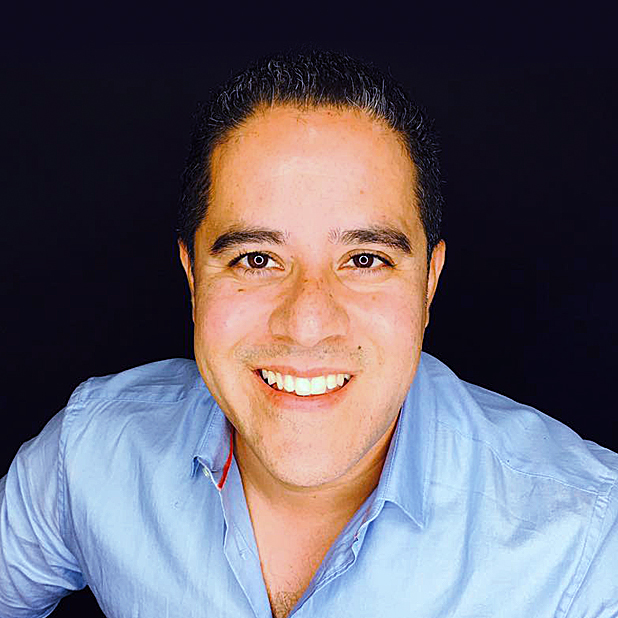
Emmanuel Arroyo
How many spas are in your region?
I provide support to 11 spas around the world: four in Mexico, three in the Caribbean, three in Europe – including the Rosewood Le Crillon in Paris – and one in the US: the Rosewood Miramar Beach in California.
What do spas bring to Rosewood from a marketing perspective?
We consider spas great sources of innovation, from new treatments to sensorial touchpoints throughout the guest experience. We ensure spas are closely connected with our sales and marketing teams to share this content and give our guests reasons to stay in our hotels.
What is an example of a standout signature treatment?
Each Sense spa has a selection of Lost Remedies created to pay homage to ancient local traditions.
"We partner with local healers and
practitioners who can help us deliver
authentic and genuine experiences"
At Sense in Mayakoba, the Itzam Herbal Cure uses herbal medicine long revered by the Mayans. This indigenous treatment starts with a traditional energy cleanse incorporating copal incense. The healing properties of the plants cultivated in our Sensorial Garden are used to recreate an ancient herbal clay recipe designed to heal and replenish; the body is then cocooned with an indigenous textile made from plant fibres
The Arawak Body-Balance treatment at the Sense spa Baha Mar in The Bahamas uses ancient healing practices of the Arawak Indians, some of the first inhabitants of the islands. Hot and cold compresses are used together with a natural exfoliation using a sea sponge, followed by a body wrap including the moringa leaf, known on the island for its rich antioxidant and anti-inflammatory properties.
Where do you find inspiration for these treatments?
Our Lost Remedies are exactly that: time-honoured practices and traditional healing methods brought back to modern times in the form of highly customised, sensorial experiences paired with natural ingredients. In developing treatments, we first do historical research, and we also partner with local healers and practitioners who can help us deliver authentic and genuine experiences.
What other innovations are you working on?
We recently showcased our first Sense of Place Retreat at Rosewood Mayakoba, called ‘Marry One Self’, which is a true journey of self-acceptance and self-love led by the resort’s resident shaman. This journey is inspired by pre-Hispanic wedding rituals and guides guests through a series of experiences including a consultation with the shaman; a walk of silence and a temazcal session; plus an apothecary massage, 360˚ skincare and ‘grounded roots’ reflexology.
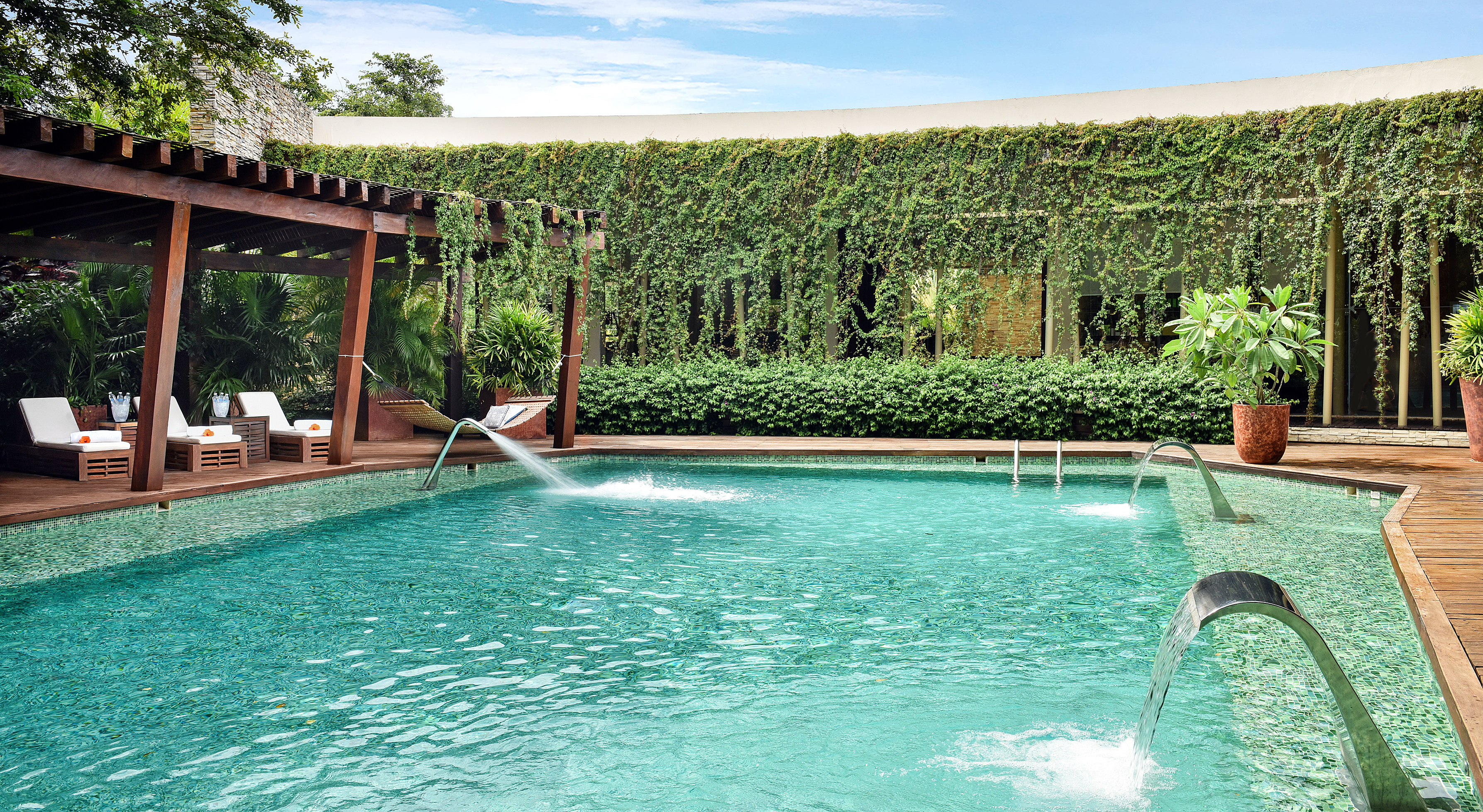
Rosewood spas are sensorial touch points of the guest experience
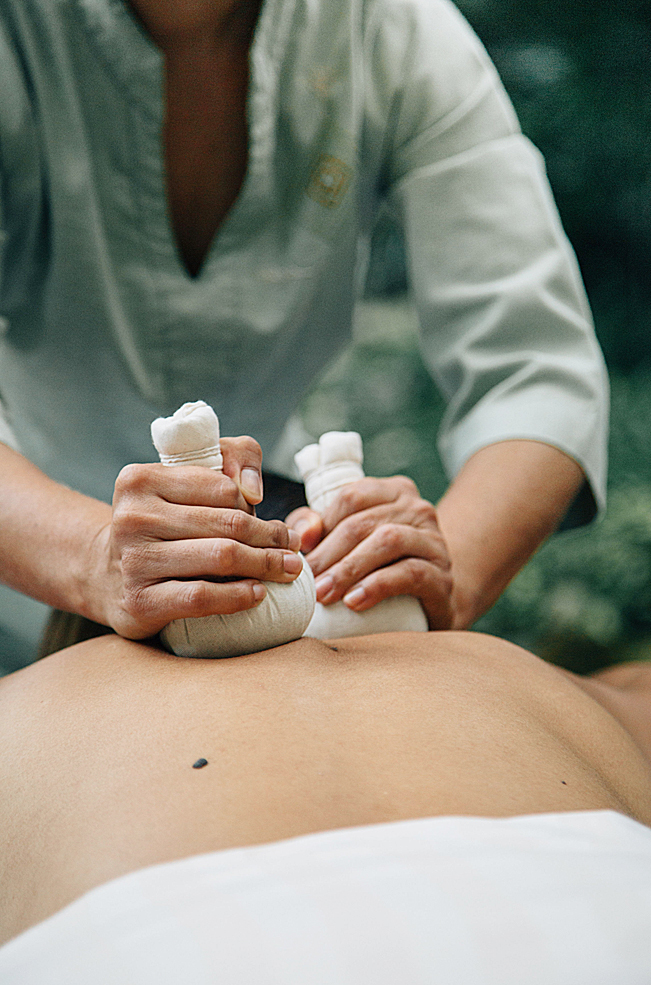
Ancient healing techniques are used in Sense spa treatments
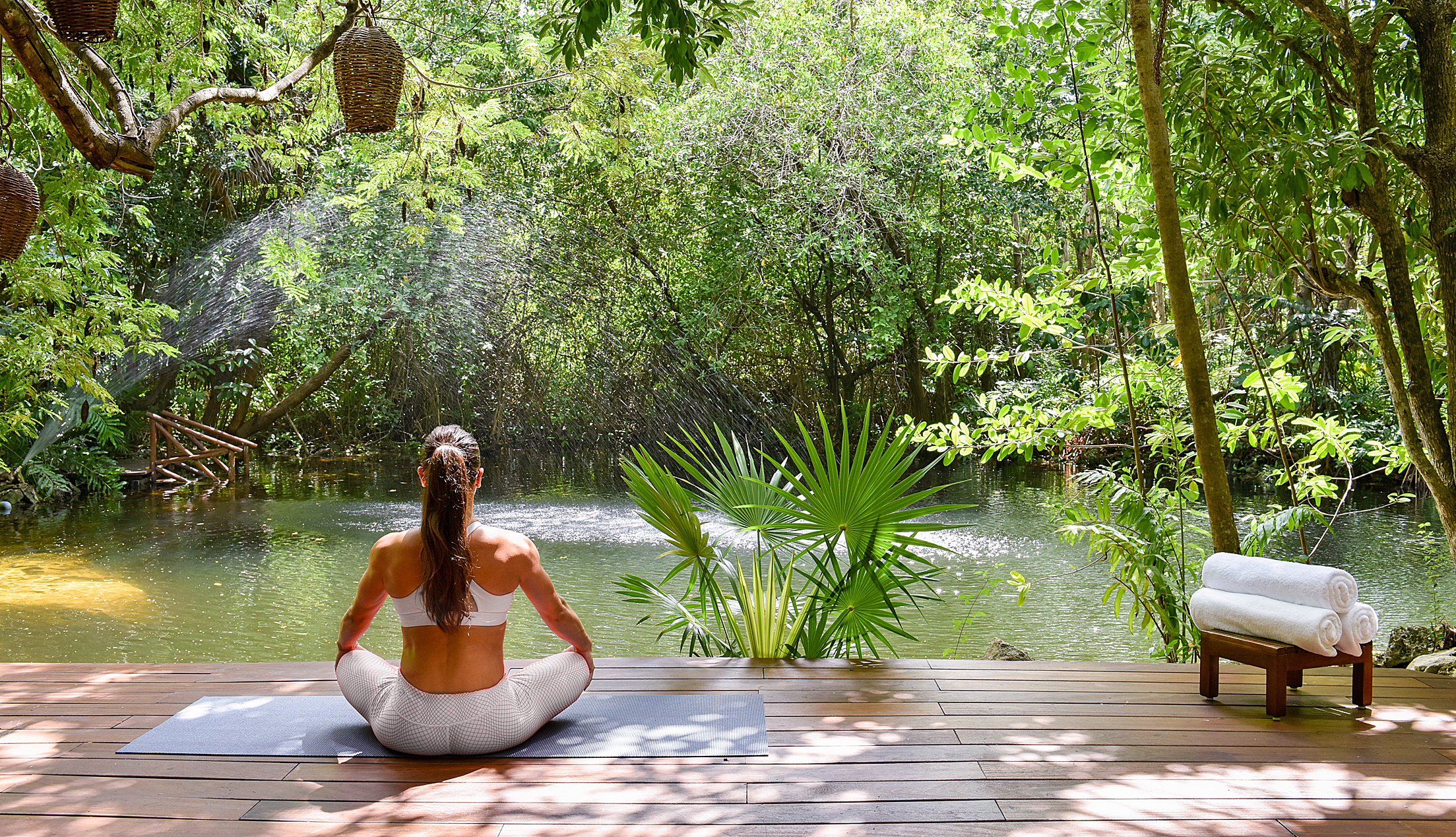
Rosewood Mayakoba recently showcased its first Sense of Place Retreat
Danny Silva
Regional wellness director
Previously a regional spa director for Rosewood, Danny Silva has worked for the company since 2015, and has a keen interest in spa financials and business management
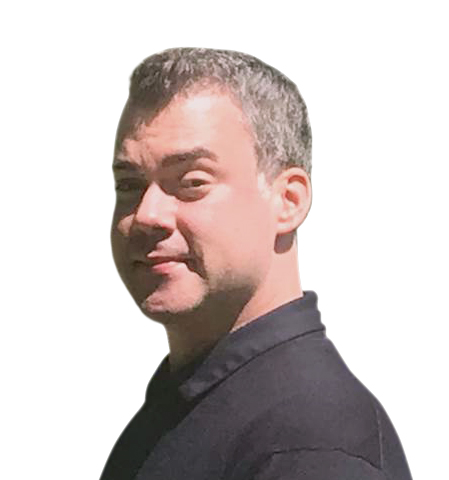
Silva has a particular interest in measuring spa success
You run a very successful spa – what do you think is key to that success?
At Sand Hill, we have therapists and aestheticians who have been with us since we opened 10 years ago, and who’ve developed a very loyal following with our local guests. We also have a full steam/sauna circuit, a lifestyle membership programme for locals, and preferred partnerships with exclusive vendors.
How important are spas to the hotel business?
For Rosewood, our goal is for the spa department to be generating 5 per cent of the brand’s overall revenue. At Sand Hill, our Sense spa generates over 10 per cent of that hotel’s revenue, and employs close to 20 per cent of the hotel’s staff. Urban Sense spas like these attract not only hotel guests, but also locals. At Sand Hill, 85 per cent of our spa business comes from people who live in the community. The entire property stands out from the competition – and this also means we can attract top-notch talent.
"Rosewood’s
goal is for spas
to generate
5 per cent of
the brand’s
overall revenue"
How successful are Rosewood’s spas?
For the past four years, we’ve been tracking our spas on a monthly KPI dashboard, which ranks their successes and areas of opportunity for improvement. By doing so, we encourage our different spa managers and directors to share best practices for business-building and marketing, and have created a system of support for the team on an international level. Since starting this, many of our spas have seen increases in KPIs, including establishing 90-minute treatments as the norm, a 20 per cent uptick in service-to-retail sales, and average tickets being close to US$250 (€226, £206).
What treatments are the most popular? The most profitable?
Our massage business leads the way at almost 70 per cent of our business, but with our preferred partnerships, we’ve seen many spas increase their aesthetic business from 10 per cent to more than 20 per cent of their overall business. Our recently opened property in Santa Barbara, California, for instance, has attracted guests to the spa with our exclusive EviDenS de Beaute 360 Extreme Ritual. Our aesthetician team undergoes 25 hours a year of training on Japanese acupuncture facial massage techniques for these treatments. At US$400 (€361, £329), this is our most exclusive and luxurious facial, and is popular with both hotel guests and locals.
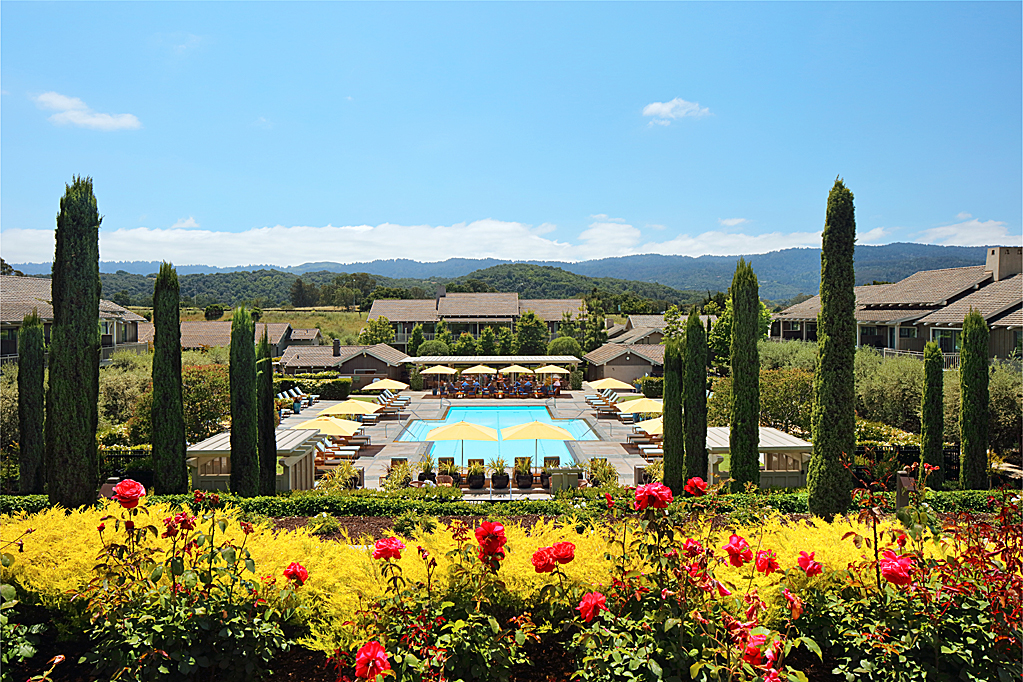
A full steam/sauna circuit and a membership for locals boosts business
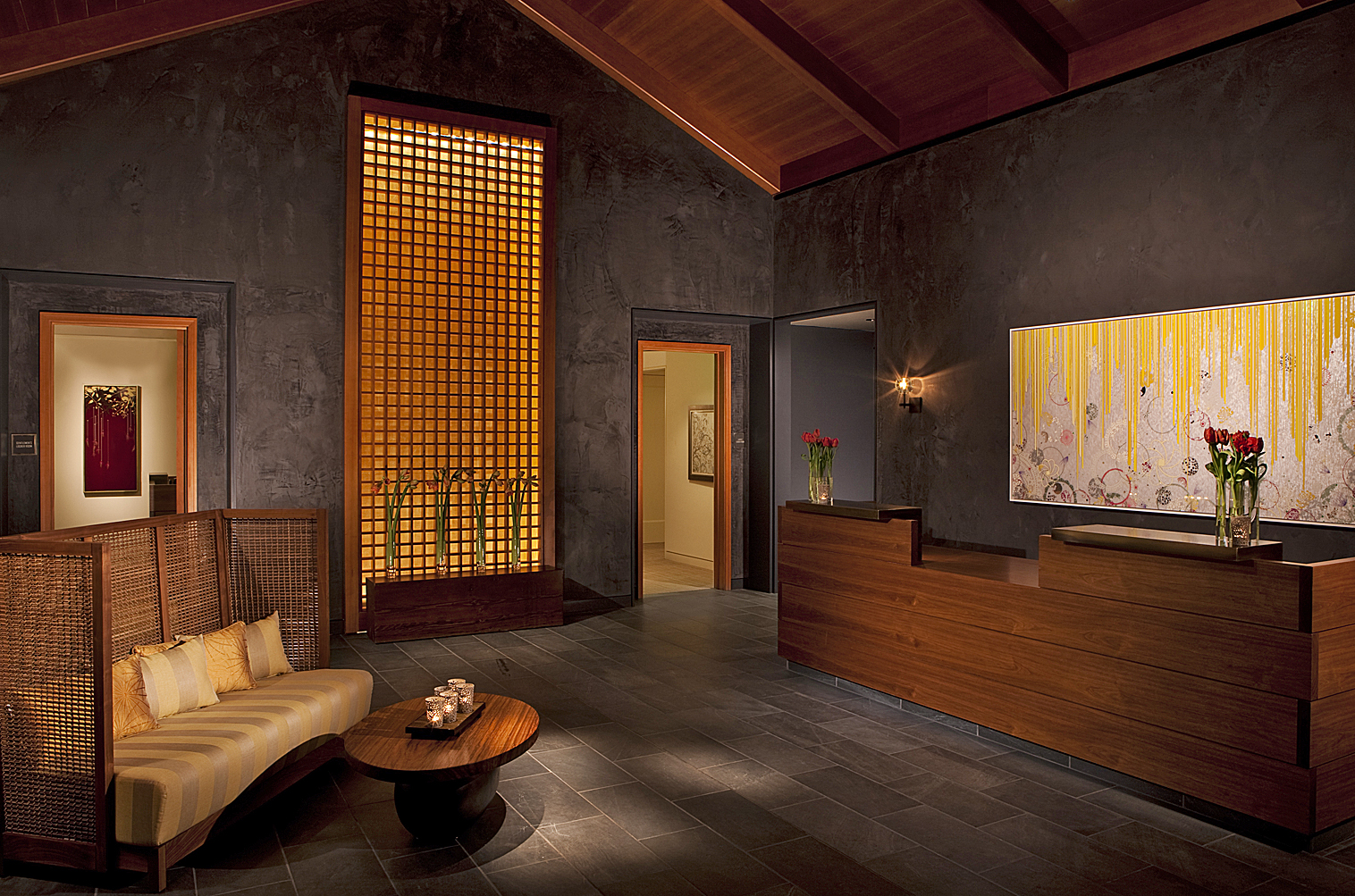
At Sand Hill, 85 per cent of spa business comes from locals
|
|
 |
| Originally published in Spa Business 2019 issue 3
|
|
 |
|
